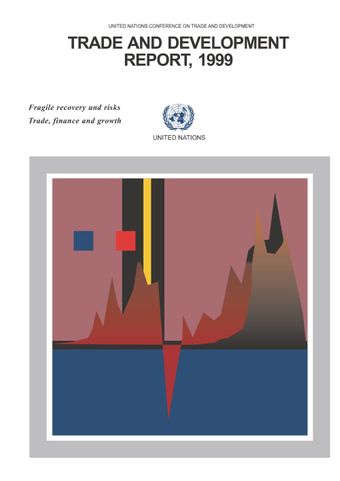Introduction

- Author: United Nations Conference on Trade and Development
- Main Title: Trade and Development Report 1999 , pp 73-74
- Publication Date: December 1999
- DOI: https://doi.org/10.18356/15740e19-en
- Language: English
The belief that rapid integration into the glo- bal economy would create more favourable con- ditions for growth in developing countries has permeated much thinking in development policy in the past two decades. Severe and persistent balance-of-payments crises in the 1980s revealed the full extent to which faster growth in the South had come to depend on a steady rise in export earn- ings and on assured capital inflows, and how harm- ful interruptions to these external flows could be. When they occurred, they were interpreted as proof of self-inflicted structural wounds in devel- oping countries resulting from years of inward- oriented development strategies and misguided policies. Close integration into the world economy through rapid liberalization of trade, finance and investment was thus seen as the surest foundation for success, allowing developing countries to over- come resource and foreign-exchange constraints on capital accumulation and growth.
-
From This Site
/content/books/9789210603027s006-c001dcterms_title,dcterms_subject,pub_keyword-contentType:Journal -contentType:Contributor -contentType:Concept -contentType:Institution105


